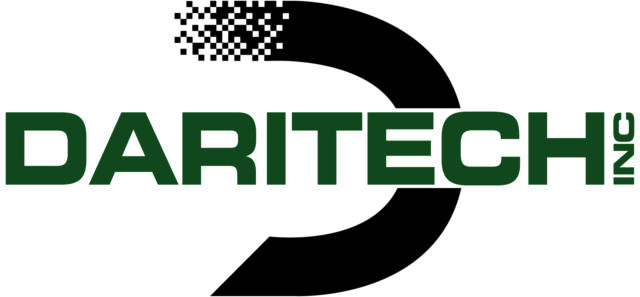CARB denies petition for dairy methane emission regulations
In a decision made May 30, the California Air Resources Board (CARB) denied a petition that would immediately initiate a rule-making process for all dairies in California to implement methane emissions mitigation practices under regulation of CARB and the California Department of Food and Agriculture (CDFA). The petition requested these two organizations measure dairy methane emissions, fund digesters and other practices; increase dry manure management systems; and provide technical assistance.
The letter sent to Climate Action California representatives acknowledges methane as a short-lived climate pollutant and that mitigation is critical. Yet, based on ongoing work to reduce GHG emissions and meet the state’s target to reduce dairy and livestock emissions by 40% below 2013 emissions by 2030 under Senate Bill (SB) 1383, CARB denied the request to immediately initiate rule-making proceedings. The organization also denied the request to establish funding for methane reduction on dairies as both CARB and CDFA do not appropriate state funding.
However, the letter does grant a portion of the petition, which requests CARB and CDFA to take specific actions to reduce dairy emissions of methane. Specifically, the agencies will continue to implement efforts for GHG emission reductions consistent with state law, including further assess if statutory requirements are met under SB 1383, offer incentives and technical assistance programs for alternative manure management methods and digester projects, research and analyze nitrogenous emissions from dairies, and research enteric emissions reductions opportunities.
The petition was first filed March 1, 2024, and public comment was opened shortly thereafter. Numerous organizations filed comments in response to the petition, citing the tremendous efforts already underway within the dairy industry pursuant to SB 1383.
Michael Boccadoro, executive director of Dairy Cares, states, “In the seven years since the passage of SB 1383 in 2016 [2017-30], the dairy sector has made tremendous progress in reducing methane against the 2013 baseline through a comprehensive approach including methane avoidance, methane capture and utilization, and attrition [fewer cows] in the state’s dairy herd.”
The Coalition for Renewable Natural Gas submitted this statement in opposition of the petition: “While doubtlessly well meaning, the petition errs in several critical ways and, as a result, misrepresents the success of CARB’s existing strategy to reduce methane from dairies.”
Full copies of the petition, comments and CARB’s response are available on the CARB website.
Executive agencies make joint policy statements on voluntary carbon markets
On May 28, U.S. Secretary of Agriculture Tom Vilsack, U.S. Secretary of the Treasury Janet Yellen, U.S. Secretary of Energy Jennifer Granholm and senior advisers released the Voluntary Carbon Markets Joint Policy Statement and Principles.
The statement was issued by these leaders as they “believe [voluntary carbon markets] can and should play a meaningful role in facilitating global greenhouse gas emissions reductions and removals and helping to reach global net zero emissions by 2050.”
In its 12-page record, the policy statement reiterates the current state of voluntary carbon markets and their potential, including principles for engaging in the markets for U.S. market participants and the U.S. government. Notably, “stakeholders must be certain that one credit truly represents one tonne of carbon dioxide [or its equivalent] reduced or removed from the atmosphere, beyond what would have otherwise occurred.”
While challenges in the market remain, such as credible use of credits from Scope 3 emissions, there is a renewed interest from all sectors to address these concerns. Those developments include the emergence of multistakeholder initiatives; improvements to key crediting methodologies; new analytical products and services; strengthened technologies to support measurement, monitoring, reporting and verification; multilateral rules developed under the Paris Agreement and the international aviation sector’s global carbon market-based measure; and advances in the development of infrastructure.
Along with the joint statement, the White House released a fact sheet outlining seven principles that summarize the government’s approach to advancing high-integrity voluntary carbon markets. They include:
- Carbon credits and activities that generate them should meet credible atmospheric integrity standards and represent real decarbonization.
- Credit-generating activities should avoid environmental and social harm and should, where applicable, support co-benefits and transparent and inclusive benefits-sharing.
- Corporate buyers that use credits (“credit users”) should prioritize measurable emissions reductions within their own value chains.
- Credit users should publicly disclose the nature of purchased and retired credits.
- Public claims by credit users should accurately reflect the impact of retired credits and should only rely on credits that meet high-integrity standards.
- Market participants should contribute to efforts that improve market integrity.
- Policymakers and market participants should facilitate efficient market participation and seek to lower transaction costs.
The principles build upon existing efforts to encourage the development of high-integrity markets.










